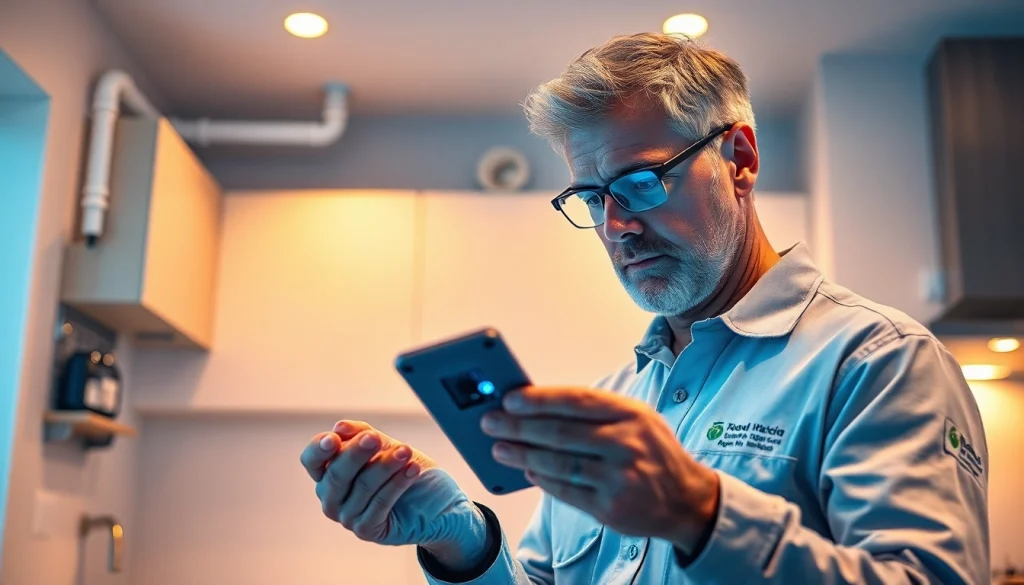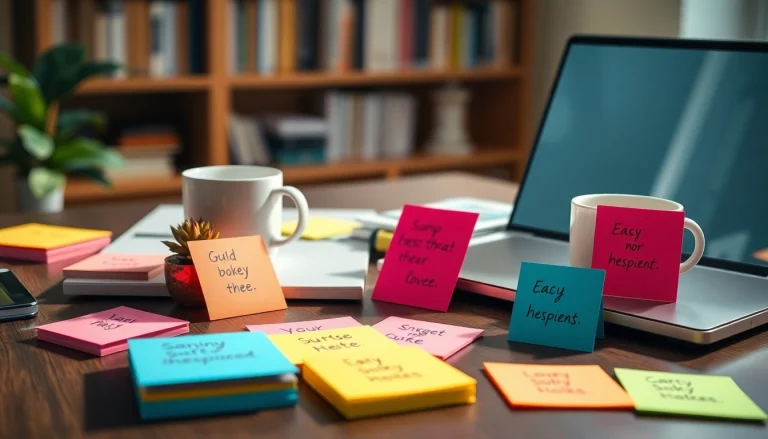
Understanding the Role of a Water leak Detection Specialist
What is Water leak Detection?
Water leak detection refers to the practice of identifying leaks within plumbing systems, water supply lines, and structural foundations to prevent costly damages. This process is critical in residential, commercial, and industrial settings, as undetected leaks can lead to significant water wastage, property damage, and increased utility bills. A Water leak Detection Specialist employs specialized tools and methods to identify the presence and location of leaks without causing disruption to the existing structure.
Importance of Expert Leak Detection Services
The importance of expert leak detection services cannot be overstated. Water leaks, if left unchecked, can result in severe repercussions such as structural damage, mold growth, and substantial repair costs. Homeowners and businesses often lack the necessary equipment and expertise to locate leaks effectively. By engaging a specialist, property owners not only secure their premises but they also save on long-term costs associated with extensive damage repairs. Identifying leaks early aids in maintaining property value and ensures safety for occupants.
Common Tools Used by Water leak Detection Specialists
Water leak detection specialists utilize a variety of advanced tools to pinpoint leaks accurately. Some common tools include:
- Acoustic Listening Devices: These sensitive devices pick up the sound of water escaping from pipes, helping locate leaks even in inaccessible areas.
- Moisture Meters: Used to measure humidity levels in walls and floors, this tool can indicate potential leakage sources without invasive measures.
- Thermal Imaging Cameras: These cameras detect temperature differences in building materials, enabling specialists to find hidden leaks by identifying cooler or warmer areas indicating moisture presence.
- Video Inspection Equipment: Utilizing small cameras, inspectors can visualize the insides of plumbing systems or walls to directly observe leak sources.
- Tracer Gas Detection: This method involves introducing a small amount of gas into the system and monitoring for traces that escape at the location of a leak.
Identifying Signs of Water Leaks
Visible Signs of Leakage
Visible signs of water leaks include stained walls or ceilings, bubbling paint, and warped flooring. Homeowners should also be aware of unusually high water bills, which might suggest an underlying leak. Additionally, the appearance of mold or mildew in damp areas can serve as a clear indicator of moisture problems. Spotting these signs early can make a significant difference in addressing leaks before they become major issues.
Subtle Indicators that Require Professional Attention
Beyond visible signs, several more subtle indicators should prompt immediate consultation with a leak detection specialist. These can include:
- Unexplained Dampness: Areas that always feel wet, even without obvious leaks.
- Water Meter Check: If the meter is running even when all water fixtures are off, it likely signals a hidden leak.
- Musty Smells: A persistent musty odor can be a sign of hidden mold due to water accumulation.
- Reduced Water Pressure: Sudden drops in water pressure can indicate a leak somewhere in the plumbing system.
When to Call a Water leak Detection Specialist
Knowing when to reach out to a leak detection specialist is crucial for preventing damage. If you notice any of the warning signs mentioned above or suspect that a leak exists due to an increase in water bills or damp spots, it is wise to seek professional help. Additionally, if you are planning any renovations that may disrupt existing plumbing, consulting a specialist beforehand can help prevent accidental damage or future leaks.
Advanced Techniques in Leak Detection
Using Acoustic Inspection Methods
Acoustic inspection methods leverage sound as a primary tool for leak detection. This approach allows specialists to listen for the distinct sounds of water escaping pipes, which can be particularly useful in large buildings or when pipes are buried deep within walls or foundations. By using sensitive microphones and amplifiers, specialists can accurately locate leaks based on the sound wavelength and frequency.
Thermal Imaging: A Game Changer for Leak Detection
Thermal imaging technology has revolutionized leak detection by enabling specialists to visualize temperature discrepancies that indicate water presence. When water leaks from pipes, it cools the surrounding material, creating identifiable temperature gradients. By scanning areas with thermal cameras, specialists can highlight potential leak sites without invasive probing, resulting in quick and accurate identification.
Non-Invasive Leak Detection Techniques
Non-invasive leak detection techniques are essential for preventing damage during inspection. Methods such as moisture mapping and infrared thermography allow specialists to assess properties without the need for destructive measures. This is especially important in properties with finished interiors, where minimizing disruption is key. Non-invasive methods not only save time but also reduce repair costs associated with traditional leak detection approaches.
Best Practices for Preventing Water Leaks
Regular Maintenance and Inspections
One of the most effective ways to prevent water leaks is through regular maintenance and inspections. Scheduling routine plumbing assessments can help identify weak points in the system before they develop into significant leaks. Homeowners should consider checking exposed pipes for signs of wear or corrosion and testing appliances such as washing machines and dishwashers for potential leaks.
Upgrading Plumbing to Reduce Leak Risks
Older plumbing systems pose a greater risk for leaks due to wear and tear over time. Upgrading to modern materials such as copper or PEX can greatly reduce the incidence of leaks. New plumbing fixtures often come equipped with better technology and enhanced designs that minimize risks. It’s essential for homeowners to invest in quality installations and replacements to ensure long-term reliability.
Educating Homeowners about Leak Prevention
Education plays a crucial role in leak prevention. Homeowners should be informed about basic plumbing principles, the signs of leaks, and preventative measures. This knowledge empowers them to take action before problems escalate. Simple practices, such as turning off water supply when leaving for extended periods or using water-saving devices, can significantly decrease the likelihood of leaks occurring in the future.
Evaluating the Efficiency of Leak Detection Services
Measuring the Impact of Timely Interventions
The efficiency of leak detection services is often judged by their ability to intervene in a timely manner. Prompt detection and repair can halt potential damages, thus minimizing costs and restoring normalcy. Monitoring metrics such as repair response times, the accuracy of leak location, and customer satisfaction reflects the overall effectiveness of leak detection specialists.
Case Studies: Success Stories from Water leak Detection Specialists
Examining case studies from various leak detection specialists provides insight into effective practices and methodologies. For instance, swift intervention in a commercial setting can illustrate how specialized equipment effectively identified unseen leaks, leading to significant cost savings. These real-world examples can inspire confidence in prospective clients regarding the benefits of engaging professional services.
Feedback: What to Expect from Professional Services
Understanding client feedback helps future customers gauge expectations when working with leak detection specialists. Clients should anticipate thorough assessments, transparent communication, and equitable pricing. Moreover, a reliable specialist will provide a detailed report of findings and recommended solutions, ensuring homeowners and business owners make informed decisions moving forward.







